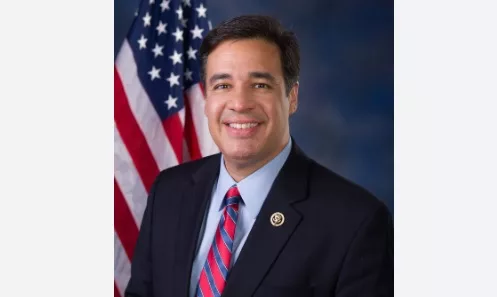
The Office of the Idaho Attorney General, with the assistance of seasoned Supreme Court litigators from Alliance Defending Freedom and Cooper & Kirk, filed its opening brief Tuesday with the U.S. Supreme Court, asking it to prevent the Biden administration from misusing federal law to override Idaho’s Defense of Life Act. Idaho’s law protects the lives of women and their unborn children, preventing doctors from performing abortions unless necessary to save the life of the mother or in cases of rape or incest.
In August 2022, the Biden administration sued Idaho, claiming that it could use the federal Emergency Medical Treatment and Active Labor Act (EMTALA) to preempt Idaho’s protections for life and force emergency room doctors to perform abortions that are unlawful in Idaho. But there is no conflict between EMTALA and Idaho’s law as both seek to save lives and neither requires abortions to be performed. After a lower court upheld the Biden administration’s attempt to rewrite EMTALA and prevented Idaho from enforcing its law, the Supreme Court agreed to hear the case and issued a stay allowing Idaho to continue to protect the lives of women and their unborn children as the litigation continues.
“Despite the portrayal by the media and the Biden administration, both Idaho law and EMTALA share a consistent goal: to protect everyone’s life, including unborn children,” said Idaho Attorney General Raúl Labrador. “Idaho law is perfectly consistent with EMTALA, which provides explicit protections for ‘unborn children’ in four separate places. The notion that EMTALA requires doctors to perform abortions is absurd. We are asking the Supreme Court to end the administration’s unlawful overreach and to respect the people of Idaho’s decision to protect life.”
The opening brief states that “[t]he whole point of Dobbs was to restore to the states their authority to regulate abortion. Yet the administration seeks to thwart Idaho’s exercise of self-government on this important topic. … The Medicare Act generally—and EMTALA specifically—preserve the right of states to regulate the practice of medicine, including on the issue of abortion.”
The brief further explains that “EMTALA explicitly promises in four places protection for an ‘unborn child.’…A medical provider complies with EMTALA when it offers stabilizing treatment in accord with state law and the hospital’s capabilities…[T]hat is why there is no conflict between Idaho’s Defense of Life Act and EMTALA.” The brief makes clear that allowing Idaho to enact its law “poses no threat to pregnant women’s healthcare in Idaho because ‘Idaho’s law expressly contemplates necessary medical care for pregnant women in distress.’”

